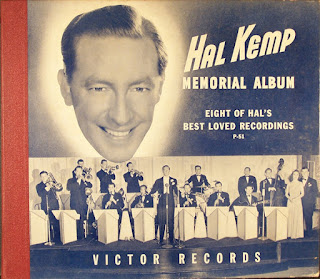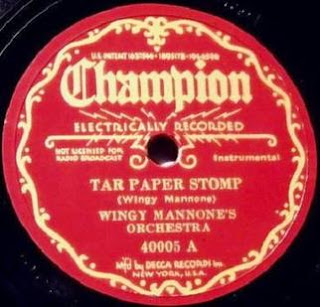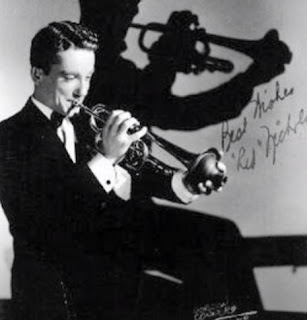Billie Holiday, born Eleanora Fagan, was a very talented singer with a career spanning nearly thirty years. Nicknamed "Lady Day" - Holiday had a huge influence on jazz music and pop singing overall. Her vocal style, strongly inspired by jazz instrumentalists, pioneered a new way of manipulating phrasing and tempo. She was known for her vocal delivery and improvisational skills. She was born in Philadelphia, PA in 1915.
After a terrible childhood, Holiday began singing in nightclubs in Harlem, where she was heard by the producer John Hammond. She signed a recording contract with Brunswick Records in 1935. Throughout the 1930's and 1940's, Holiday had mainstream success on labels such as Columbia and Decca. By the late 1940's, however, her life was filled with legal troubles and drug abuse. After a short prison sentence, she performed at a sold-out concert at Carnegie Hall, but her reputation deteriorated because of her drug and alcohol problems.
She was a successful concert performer throughout the 1950's with two further sold-out shows at Carnegie Hall. Due to personal struggles and an altered voice, her final years were met with mixed reaction. She released her final album, Lady in Satin, in 1958. Billie Holiday died of cirrhosis in 1959.
God Bless the Child
Billie Holiday's life was so complex and so tragic at times that many books and movies have been made about her life. One story that stands out to me is the circumstances and inspiration behind her classic song "God Bless the Child."
Holiday's mother Sadie Fagan, nicknamed "The Duchess", opened a restaurant called Mom Holiday's. "It kept Mom busy and happy and stopped her from worrying and watching over me", Holiday said. Fagan began borrowing large amounts of money from Holiday to support the restaurant. Holiday obliged but soon fell on hard times herself due to personal troubles and addictions. Billie later described the indecent to a reporter: "I needed some money one night and I knew Mom was sure to have some", she said. "So I walked in the restaurant like a stockholder and asked. Mom turned me down flat. She wouldn't give me a cent." The two argued, and Holiday shouted angrily, "God bless the child that's got his own", and stormed out. With Arthur Herzog, Jr., she wrote a song based on the lyric, "God Bless the Child", and added music.
Audio of "God Bless the Child" by Billie Holiday
"God Bless the Child" later became Holiday's most popular and most covered record. It reached number 25 on the charts in 1941 and was third in Billboard's songs of the year, selling over a million records.
You can hear a lot of Billie Holiday's songs right here on Swing City Radio.
Swing City Radio: Playing Your Big Band and Swing Music Favorites from the 1930's, 40's and Today! - Big Band Radio Station Broadcasting Online from King of Prussia, PA.


















